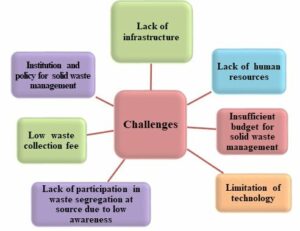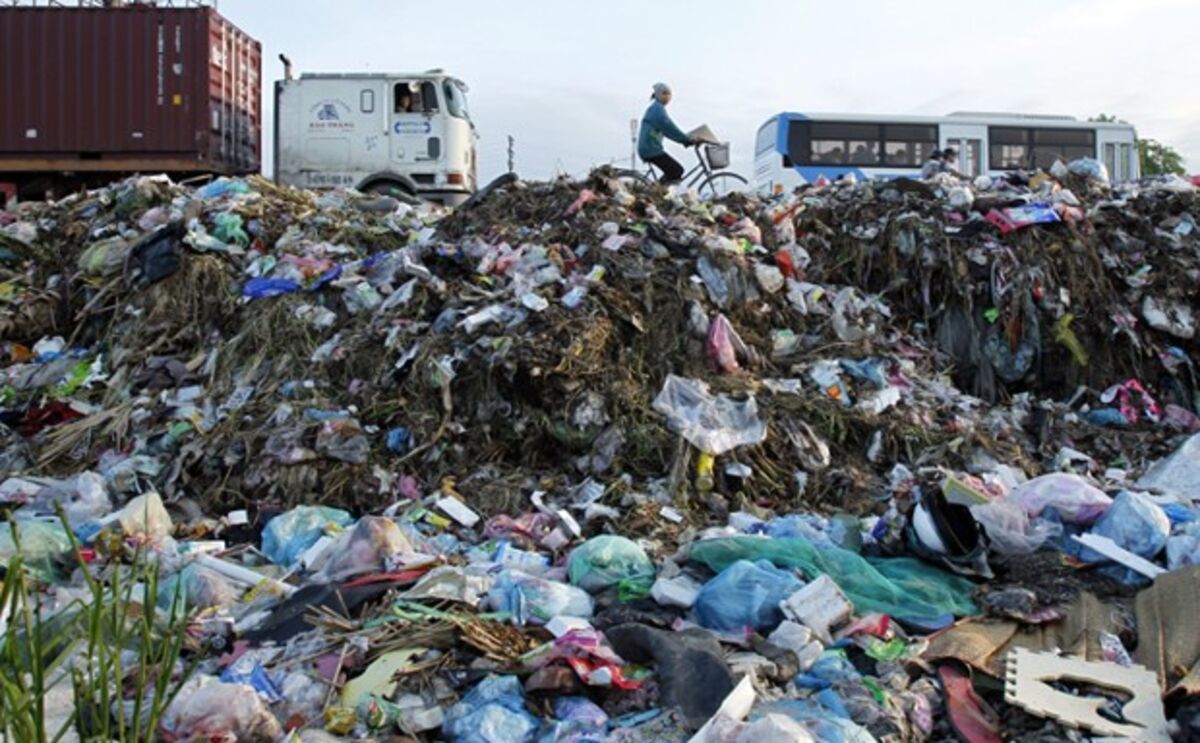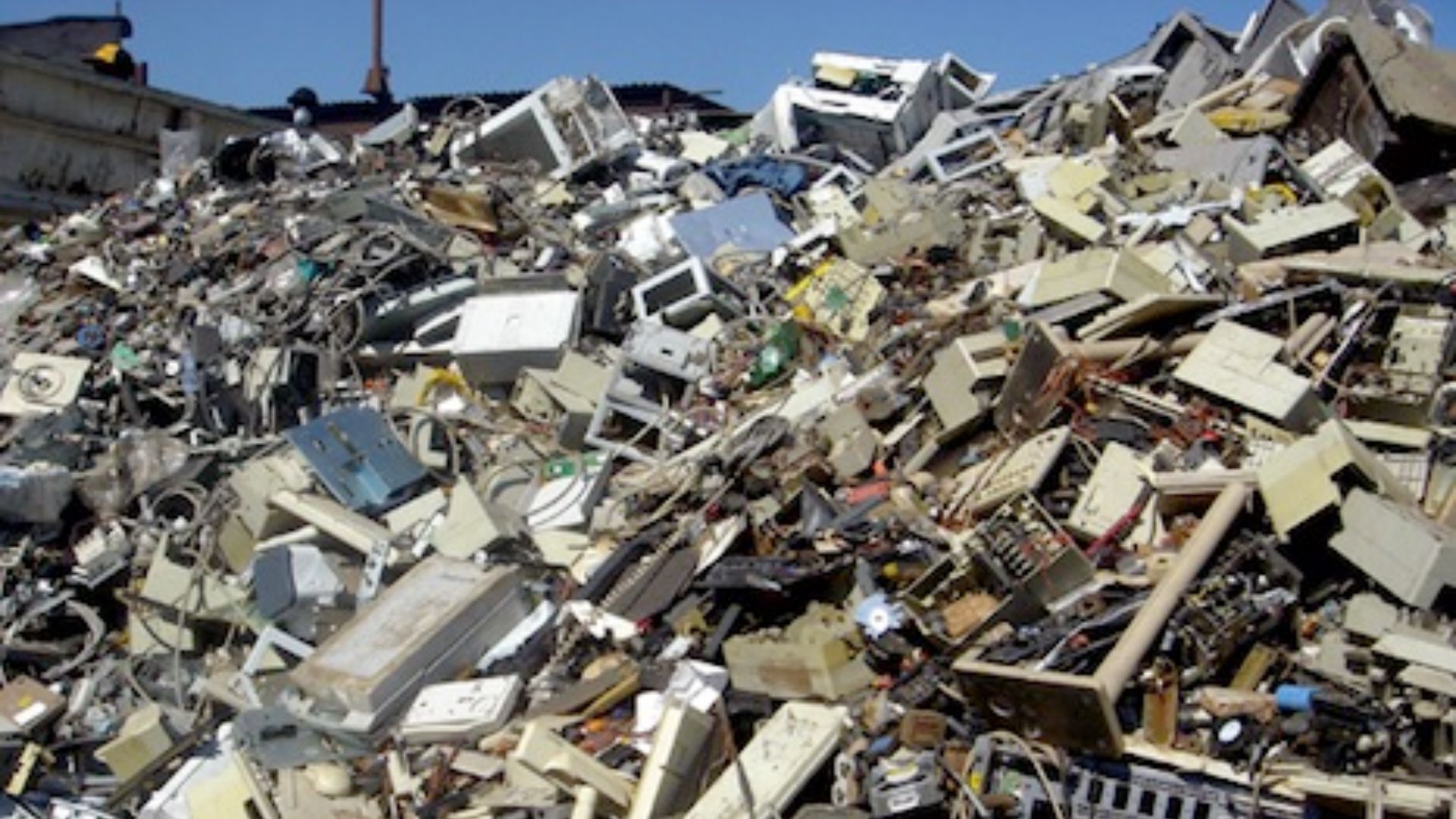In the hustle and bustle of urban life, the management of waste presents a myriad of challenges. From growing populations to limited space, urban areas grapple with unique complexities in handling the ever-expanding volumes of waste generated daily. Therefore, this article delves into the present-day urban challenges in waste management. Hence shedding light on the multifaceted issues cities face and the innovative solutions being implemented to navigate this intricate landscape.

Rapid Urbanization and Increased Waste Generation
Adding on, urban areas worldwide are witnessing unprecedented population growth and rapid urbanization. Hence, the consequence is a surge in waste generation, fueled by increased consumption patterns. Balancing the rising tide of waste with effective management strategies becomes a daunting task for city planners, waste management authorities, and residents alike.
Limited Space for Landfills and Infrastructure
Moreover, the scarcity of available space poses a significant challenge in establishing and expanding landfill sites within urban environments. Therefore, as cities expand vertically, finding suitable locations for waste disposal becomes increasingly difficult. The limited space also impacts the development of recycling facilities, composting centers, and other critical waste management infrastructure.
Challenges in Waste Collection and Transportation
In addition, efficient waste collection and transportation are pivotal components of a well-functioning waste management system. In urban areas, the sheer density of population and diverse infrastructure can impede the seamless flow of waste collection. Thus, traffic congestion, narrow streets, and logistical challenges contribute to delays and inefficiencies in transporting waste from collection points to treatment facilities.
Illegal Dumping and Informal Waste Sector
Furthermore, the prevalence of illegal dumping and the existence of informal waste sectors add another layer of complexity to urban waste management. Unregulated dumping sites emerge in vacant lots or outskirts of the city, causing environmental hazards and compromising public health. Thus, the informal waste sector, though often an essential part of recycling efforts, can lack proper oversight, leading to inefficient resource recovery.
Waste Composition and Technological Adaptation
To add on, urban waste streams are diverse, comprising various materials with distinct recycling requirements. Adapting technologies to handle this complex mix and recover resources efficiently is an ongoing challenge. Technological advancements, including AI-driven sorting systems and robotics, are being explored to enhance the sorting and recycling processes, but their integration requires substantial investment and infrastructure upgrades.
Public Awareness and Behavioral Challenges
Instilling a sense of responsibility and awareness among the urban population regarding waste disposal practices remains a challenge. Therefore, many residents may not fully comprehend the environmental impact of their waste, leading to improper disposal habits. Changing behavior on a large scale requires comprehensive public awareness campaigns, educational initiatives, and community engagement efforts.
Financial Constraints and Budgetary Pressures
Municipalities often face financial constraints in implementing comprehensive waste management systems. Budgetary pressures may limit the investment in advanced technologies, infrastructure upgrades, and waste reduction initiatives. Striking a balance between financial sustainability and effective waste management becomes a delicate task for urban authorities.
Innovative Solutions and Circular Economy Approaches
In response to these challenges, cities are embracing innovative solutions and adopting circular economy approaches. Circular economy principles emphasize reducing, reusing, and recycling materials to minimize waste. Cities are investing in sustainable waste-to-energy technologies, promoting the use of recycled materials in construction, and exploring creative ways to incentivize residents to participate actively in waste reduction efforts.
Community Involvement and Collaborative Initiatives
Furthermore, engaging the community in waste management initiatives is vital for success. Collaborative efforts between municipal authorities, businesses, and residents can lead to effective waste reduction and recycling programs. Hence, community-based initiatives, such as zero-waste movements and neighborhood clean-up projects, empower individuals to play an active role in shaping the waste management landscape.
Smart Technologies and Data-Driven Management
The advent of smart technologies and data-driven management systems offers a promising avenue for urban waste management. Smart bins, equipped with sensors, can optimize waste collection routes, minimizing fuel consumption and reducing emissions. Data analytics provide valuable insights into waste generation patterns, enabling more informed decision-making for city planners.
Conclusion
In conclusion, in the present urban landscape, waste management emerges as a dynamic challenge, requiring adaptive solutions and a collective commitment to sustainability. As cities navigate the complexities of waste generation, collection, and disposal, the integration of innovative technologies, community involvement, and a shift towards circular economy principles are essential steps toward building resilient and sustainable urban waste management systems. Balancing the needs of a growing population with environmental stewardship is the key to forging a cleaner, greener future for our urban centers.



